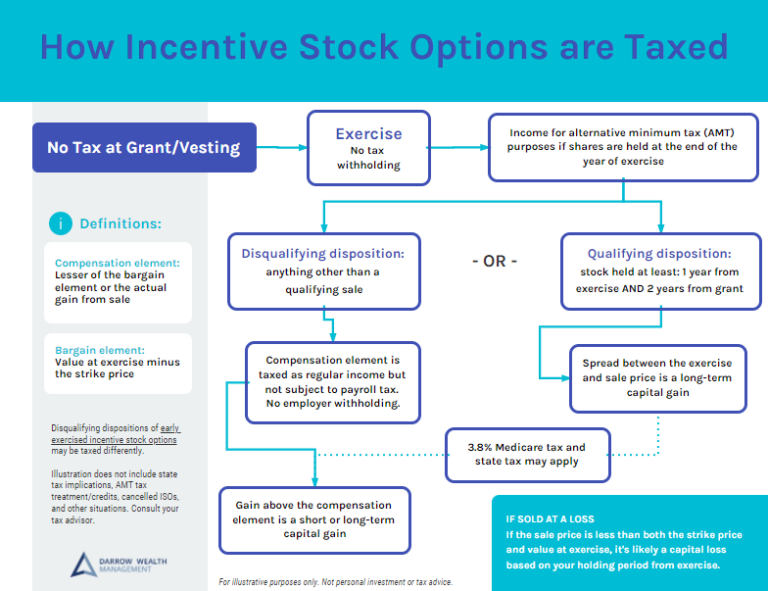Whether celebrating the arrival of a new nephew or a granddaughter’s first birthday, relatives (and friends) are often looking for meaningful gifts for their loved ones. With college costs at record highs, many parents may not be able to pay the full cost of their children’s higher education without help. One way for friends and relatives to give a gift that will be remembered for years to come, while helping parents save for college, is to start a 529 plan for the child. These college saving plans offer tax benefits and flexibility over how much control you can maintain over the investment.
529 Plan basics
A 529 plan is a type of investment account designed for college savings. After you contribute money to an account, the funds can be invested in a number of different assets like stocks, bonds, and mutual funds. When the child (the beneficiary of the account) goes to college, the account funds can be withdrawn tax-free when paying for qualified college expense like tuition, room and board, and books.
As long as the money stays in the account, you don’t need to pay taxes on your investment gains as the account grows. And since withdrawals for qualified college expenses are tax-free, 529 plans are a very effective method for college savings. Finally, 529 plans are run by each state. Although each plan will vary from state to state, your contributions may be deductible against your state income taxes depending on your state of residence.
Relatives and grandparents can start a 529 plan
There are a couple ways to contribute to a 529 plan. First, you can open up a plan yourself. You’d be in charge of managing the account on behalf of the beneficiary and will decide on the investment strategy. You can start a 529 plan for anyone, so this approach can work for nieces, nephews, grandchildren, younger siblings, friends’ children, and so on. Some donors prefer this approach, especially if it is part of a long-term gifting strategy with annual contributions. By maintaining control over the plan, you can decide how much information to share with the beneficiary, and even the parents. Sometimes relatives are concerned that the parents may not prioritize college savings if they know someone has already started.
If you’d rather not manage an account, you can also contribute to a 529 plan if the child’s parents have set one up already. Your contributions will go into their plan’s account and the parents will be in control of managing the funds. This type of contribution is easier administratively, but since the funds will be commingled, it may be more challenging when you wish to reveal your gift in the future.
Paying for college
When you start a 529 plan yourself, you also have control over how and when the benefiting family member receives the money. Once the beneficiary goes to college, you can decide how much money they receive each year and for which expenses. The beneficiary of the account won’t be in control of the plan, even after they turn 18.
Worried the child may not decide to go to college? With 529 plans, if the beneficiary doesn’t end up going to college or receives a scholarship, you can transfer the account to another beneficiary in the same family without losing the tax benefits or paying a penalty.
Although the account can be liquidated for other purposes, a penalty will be imposed if the funds are not used on qualifying educational expenses. In 2015, the penalty is 10% of your investment earnings in addition to income tax.
529 plans can be an excellent way to save for college for parents and relatives alike. And if you’re able to make annual contributions, these plans can also be an incredible gift. Given the rising costs of college and crippling student debt many graduates face, help paying for college could be the gift of a lifetime.










